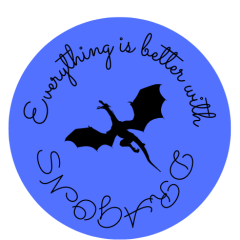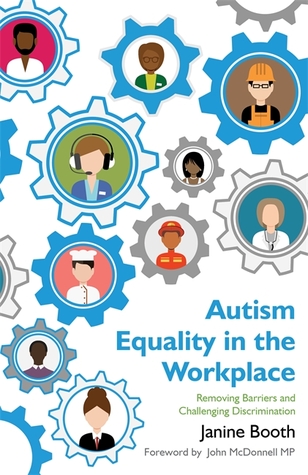
Published: November 30, 2023 by Pluto Press
ISBN: 9780745348667 (ISBN10: 0745348661)
Language: English
Blurb
Neurodiversity is on the rise. Awareness and diagnoses have exploded in recent years, but we are still missing a wider understanding of how we got here and why. Beyond simplistic narratives of normativity and difference, this groundbreaking book exposes the very myth of the ‘normal’ brain as a product of intensified capitalism.
Exploring the rich histories of the neurodiversity and disability movements, Robert Chapman shows how the rise of capitalism created an ‘empire of normality’ that transformed our understanding of the body into that of a productivity machine. Neurodivergent liberation is possible – but only by challenging the deepest logics of capitalism. Empire of Normality is an essential guide to understanding the systems that shape our bodies, minds and deepest selves – and how we can undo them.
Robert Chapman is a neurodivergent philosopher who has taught at King’s College London and Bristol University. They are currently Assistant Professor in Critical Neurodiversity Studies at Durham University. They blog at Psychology Today and at Critical Neurodiversity .
My Review
Robert Chapman works with a couple of neurodivergent academics (Hi Louise and Anna 1 )I know, so I heard about this book months before it was published and pre-ordered it as soon as I could. There was a problem with the publisher’s computer system and my pre-order was lost so I had to re-order it. I did end up getting a discount because of that though, so I’m not complaining. I also ordered a few other books from Pluto Press, which I will get around to reading and reviewing. Eventually.
This book was an absolute joy to read. Chapman explores the history of neurodivergent people and the disability and neurodiversity rights movements. They explicate and critique anti-psychiatry, Freudianism and other areas of psychiatry, and confirming what I’ve said for years, capitalism is to blame for everything!
No, seriously, think about it.
Why do we have to be machines that happily work set shifts every day doing repetitive uncreative tasks? Capitalism.
Why do we have to fight for any form of social support? Capitalism.
Why are so many more people struggling with their mental health? Capitalism.
We live in a society where everything has a price and if you can’t produce you are a drain on society. The Tories have placed the blame and burden of austerity firmly on disabled people. Neolibralism, that monster set loose by Thatcher on our social and educational systems, pushes things further than ever before, and now we have fascism rearing its ugly head again. This is not hyperbole and if you think it is, you haven’t been listening to disability rights and neurodivergent rights activists, anyone who gives a damn about civil society or social equity.
I tried to say similar things to Chapman in my booklet about neurodivergent history, and couldn’t quite express myself the way I wanted to or get the message I wanted across. Part of that was lack of theoretical background (I am not a philosopher) and part was the funding source. Can’t write a socialist history or a manifesto for neurodivergent equality when you’re getting government funding and working for a non-partisan charity.
Yes, I liked this book because it agrees with my personal politics2, but that’s not the only reason. Chapman writes clearly, fluently, and makes convincing arguments for their position. They explain and explore history, making connections between different areas that might not be clear, although their examples show that other people have made those same connections in the past. By putting the neurodivergent experience in the context of capitalism, viewing the changing place of neurodivergent people through a Marxist lens, we can see the connections between the way capitalism has narrowed our lives and shaped the paradigm through which we are viewed by society, the medical and political system, and how they choose to treat us.
I have already recommended this book to several people and will be asking for a copy for our Little Neurodivergent Library at work.







